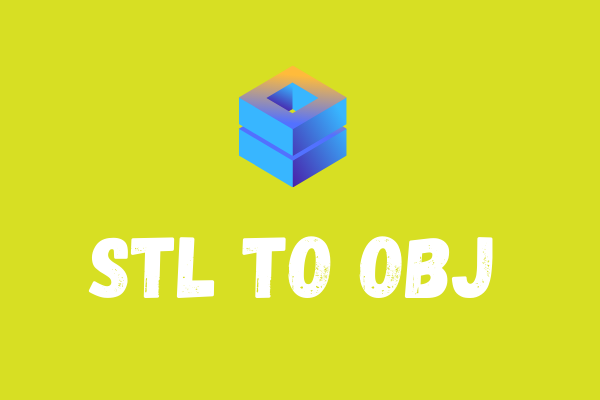

If the original model was texture-mapped (e.g., OBJ or 3MF), the resulting WRL file will be accompanied by JPEG files – those are the texture images, and will need to be copied to the same directory. Repaired versions include the suffix “repaired” in the filename, so are easy to spot. Mesh files (STL, WRL) can be extracted and used as-is. XMT_TXT are parasolid versions of any parametric models (before any repairs) add the extension “.x_t” to make them usable. STL, VRML, and Parasolid files can be exportedįiles with the extension. In the screenshot below, I have copied several files into a single folder for clarity. To extract a file, simply copy it into a (non-compressed) folder. And if you know what to look for, you can extract the parasolid, VRML, and STL files for use in another software.ĭig around in the folders, and you’ll spot files with apparently random (and pretty much useless) names, some with unfamiliar extensions. All of those formats are then stored within the. Parametric models are first converted to parasolids, which are turned into high quality variable-density mesh bodies repairs are applied to that mesh, and finally converted to STL and VRML. Here’s where it gets interesting! It turns out that GrabCAD Print can’t work natively with every supported file format, so it converts them automatically in the background to formats it can use. Inside will be several files and sub-folders with cryptic names.

#Stl file converter windows#
Windows is now able to open the GrabCAD Print project file as a compressed (.zip) folder. Note: Windows will warn about changing the file extension click ‘Yes’ to dismiss the message. Right click the file and ‘Rename’ it, simply adding “.zip” to the end.
#Stl file converter how to#
Today I’ll show you how to use GrabCAD Print to convert files (or repair a bad STL) in just a few minutes.īegin by loading the file into GrabCAD Print (available here, after creating a free GrabCAD account). Until then, there are still cases where Insight will be needed for advanced toolpath optimizations, and it can only load STL files. Today, GrabCAD Print augments Catalyst, Control Center, and Insight, but someday all that functionality (and more) will be built into this one tool.

Not only that, it has a built-in file repair utility. Unlike most slicers, GrabCAD Print opens not just STL files, but parametric and mesh files too! Native SOLIDWORKS, Inventor, CATIA, Unigraphics/NX, Solid Edge, ProE/Creo neutral parametric STEP, Parasolid, IGES, JT files VRML and OBJ mesh bodies and the new 3MF 3D Manufacturing Format, are all supported. There’s no ‘Export to STL’ option… is there? GrabCAD Print is the next-gen slicer and scheduling tool from Stratasys, with support for all current FDM and PolyJet machines. But sometimes you really need an STL file. GrabCAD Print can work with almost any file you can throw at it.


 0 kommentar(er)
0 kommentar(er)
